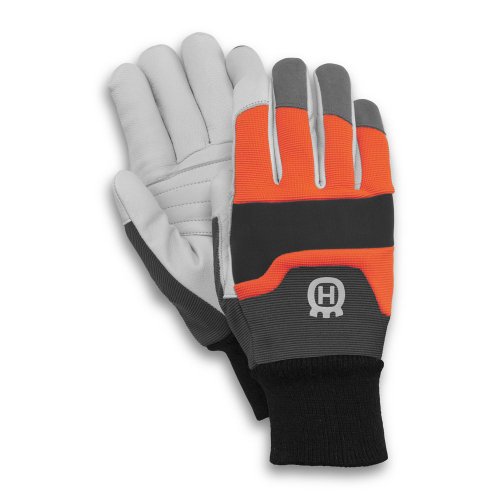stihl86
Addicted to ArboristSite
"Nothing to do with combustion temperatures"
I guess this is true. No, you don't chose octane according to combustion temps.
(good reason not to overanalyze things. Follow recommendations) But low octane will raise this temperature. So, it does have something to do with combustion temperatures. Preignition/detonation isn't good for an air-cooled engine. And, you never hear it.
I guess this is true. No, you don't chose octane according to combustion temps.
(good reason not to overanalyze things. Follow recommendations) But low octane will raise this temperature. So, it does have something to do with combustion temperatures. Preignition/detonation isn't good for an air-cooled engine. And, you never hear it.

























































